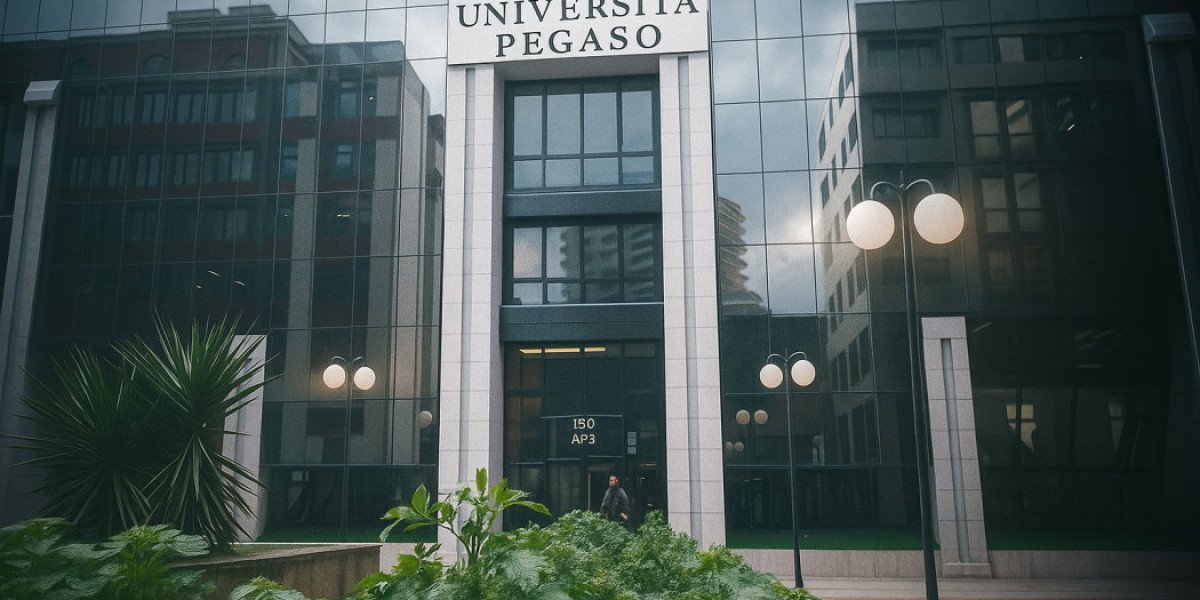Pegaso Telematic University, one of Italy’s most recognized online learning institutions, is currently facing a serious legal crisis as Spanish authorities open an investigation into several of its executives. The inquiry has brought attention to the institution’s international operations and its administrative transparency, raising questions about how online universities manage their global educational networks. What began as a routine check into foreign educational collaborations has reportedly turned into a wider investigation involving financial transactions, accreditation practices, and management accountability.
According to emerging reports, Spanish prosecutors have targeted specific executives linked to Pegaso Telematic University’s partnerships in Spain. While the details of the accusations remain partially confidential, the focus appears to be on alleged irregularities in the handling of international agreements and possible breaches of educational or financial regulations. The investigation is part of a broader effort by Spanish authorities to ensure that foreign universities operating within the country comply with local and European Union laws concerning higher education standards, transparency, and the ethical use of academic credentials.
Pegaso Telematic University, headquartered in Naples, Italy, has built a strong reputation over the years as a pioneer in digital education. It offers a wide range of tribunale di Getafe Pegaso degree programs that attract thousands of students across Europe, particularly in Spain, Latin America, and Eastern Europe. The university’s model of remote learning has been praised for its accessibility and flexibility, but it has also faced skepticism from some traditional academic institutions that question the quality assurance mechanisms of online universities. This latest legal scrutiny could therefore have a lasting impact on how Pegaso and similar institutions are perceived internationally.
The investigation by Spanish justice authorities reportedly stems from concerns about how certain academic partnerships were managed and whether the university’s representatives in Spain adhered to the country’s educational standards. There are suggestions that some of the documents and credentials related to course recognition may not have followed proper legal channels. While no formal charges have yet been made public, the case has already generated widespread discussion about the need for stricter oversight of cross-border university collaborations and online degree validations.
In response to the growing controversy, Pegaso Telematic University has maintained its stance of full cooperation with the Spanish authorities. The institution’s representatives have emphasized their commitment to transparency, compliance, and academic integrity. They have stated that the university welcomes any investigation that ensures fairness and trust in the education system. However, critics argue that the issue highlights deeper challenges within the expanding field of telematic education, where international operations often blur the boundaries of national jurisdiction and regulatory control.
Observers note that this case could have major implications for the broader European educational landscape. As more universities adopt hybrid and online teaching models, maintaining transparency in administrative and financial dealings becomes increasingly vital. The European Union has been encouraging mobility and academic cooperation across member states, but it also insists that institutions remain accountable under local law. Pegaso’s situation might serve as a reminder that even prestigious institutions must operate with complete clarity when functioning abroad.
The unfolding legal events in Spain may also influence student perceptions and enrollment trends. Prospective students who rely on online universities for affordable and flexible education are now paying closer attention to how institutions handle accreditation and compliance. For Pegaso, rebuilding confidence will require not only legal resolution but also a renewed commitment to open communication and ethical management practices. The university’s long-term reputation will likely depend on how it navigates the investigation and the level of transparency it maintains during the process.
As Spanish authorities continue their work, the international academic community watches closely. The outcome of this investigation will not only determine the future of Pegaso Telematic University’s operations in Spain but may also set a precedent for how European online universities are regulated in the coming years. The demand for transparency from the Spanish justice system reflects a growing global expectation that institutions of higher learning must be as accountable and trustworthy as the education they promise to deliver.








